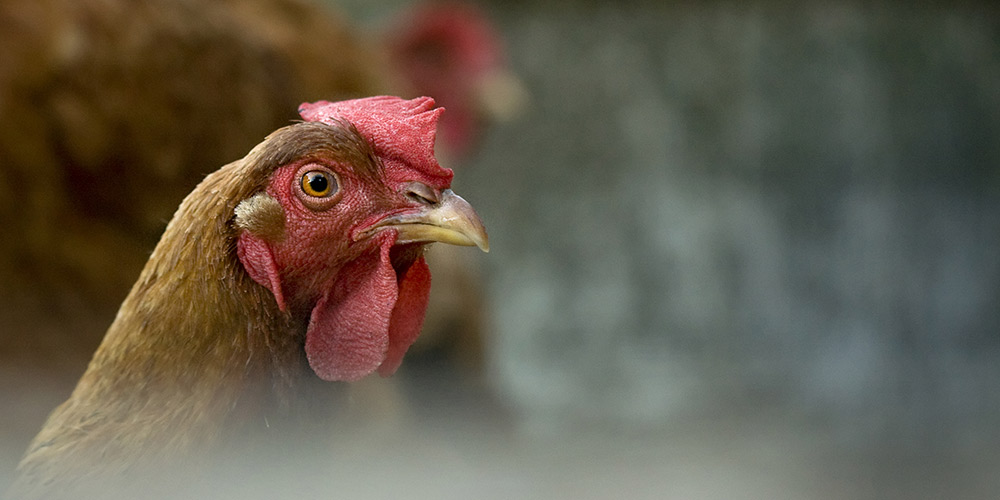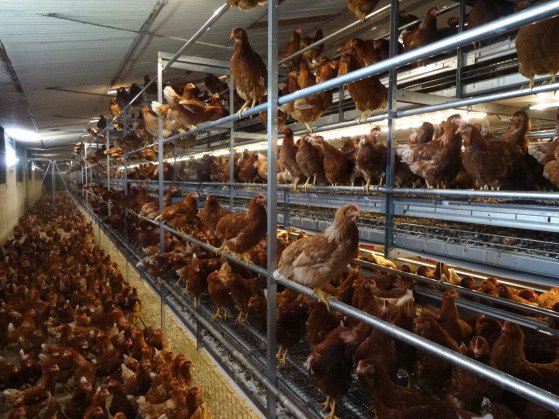4 Ethical concerns in all egg laying systems
It is important that consumers are aware that there are ethical and welfare issues common to all egg production systems — including free-range and organic.
All egg systems are faced with a universal ‘problem’ when it comes to the hatching of chicks raised for egg laying. Since only female chickens lay eggs, male chicks who have no commercial value to the egg industry are routinely gassed or ‘macerated’ (ground up alive). As a result, every year some 12 million male chicks are killed on the first day of their lives as waste products of the Australian egg industry.
Another common concern is the slaughter of layer hens years short of their natural life span. Hens will naturally live for around 10 years, but most layer hens in Australia are sent to slaughter as soon as they exceed their productive ‘use by date’. In all egg production systems, from cage to free range, hens are considered ‘spent’ from just 18 months old. Occasionally however, if it’s deemed commercially viable, hens in free-range systems will be kept on for another season which would extend their life for around 12 months — still well short of what nature intended.









